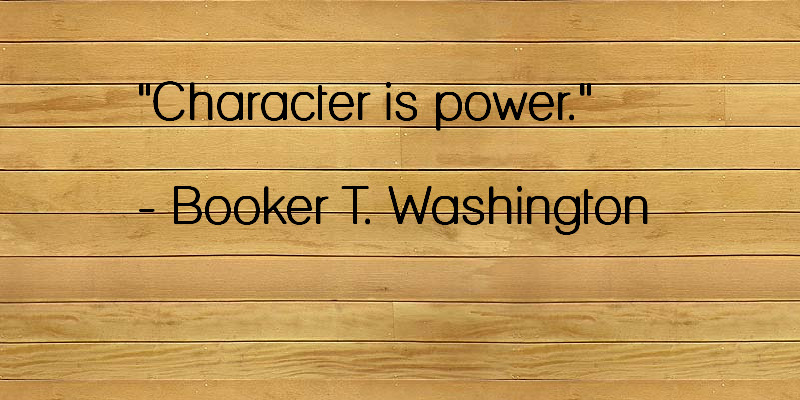1. Generosity:
2. Idealism:
3. Empathy
4. Ethics
5. Humor
6. Self Discipline
7. Humble Confidence
8. Self Respect
9. Assertiveness
10. Integrity
When you are in a disharmonious state, you are more likely to take actions which contradict your moral principles. Internal contradictions can be the result of traumatic experiences or of a failure of introspection. Whatever the cause, internal contradictions should be addressed through introspection.
11. Introspection
12. Responsibility
13. Courage
14. Patience
15. Egalitarianism
16. Non-Aggression
17. Kindness
18. Receptivity
19. Critical Thinking
20. Honesty
21. Gratitude
The Stoic philosophers of ancient Greece and Rome took gratitude even further. They were grateful even for misfortunes. Misfortunes can sometimes be opportunities in disguise, as they can present great opportunities to learn and to change direction in life.
~
This post was included in the Finding Personal Peace Blog Carnival!










